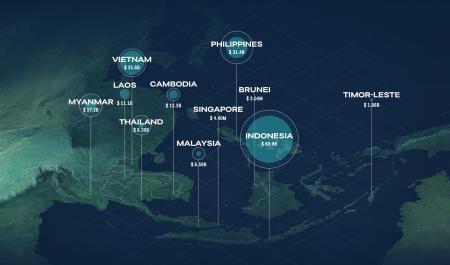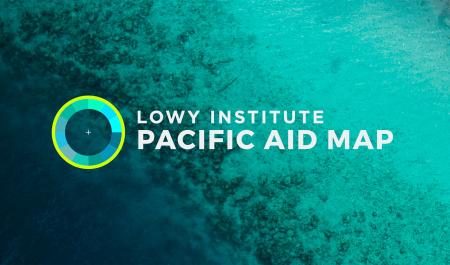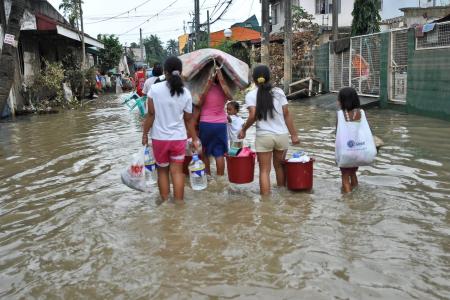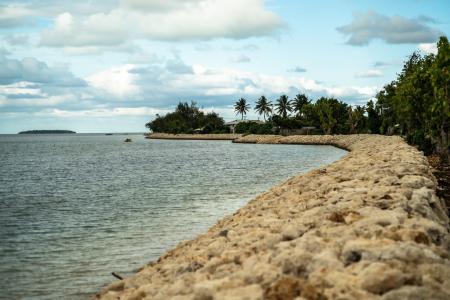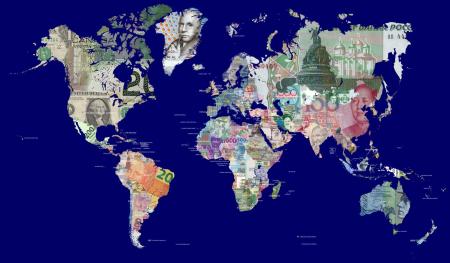Programs & Projects
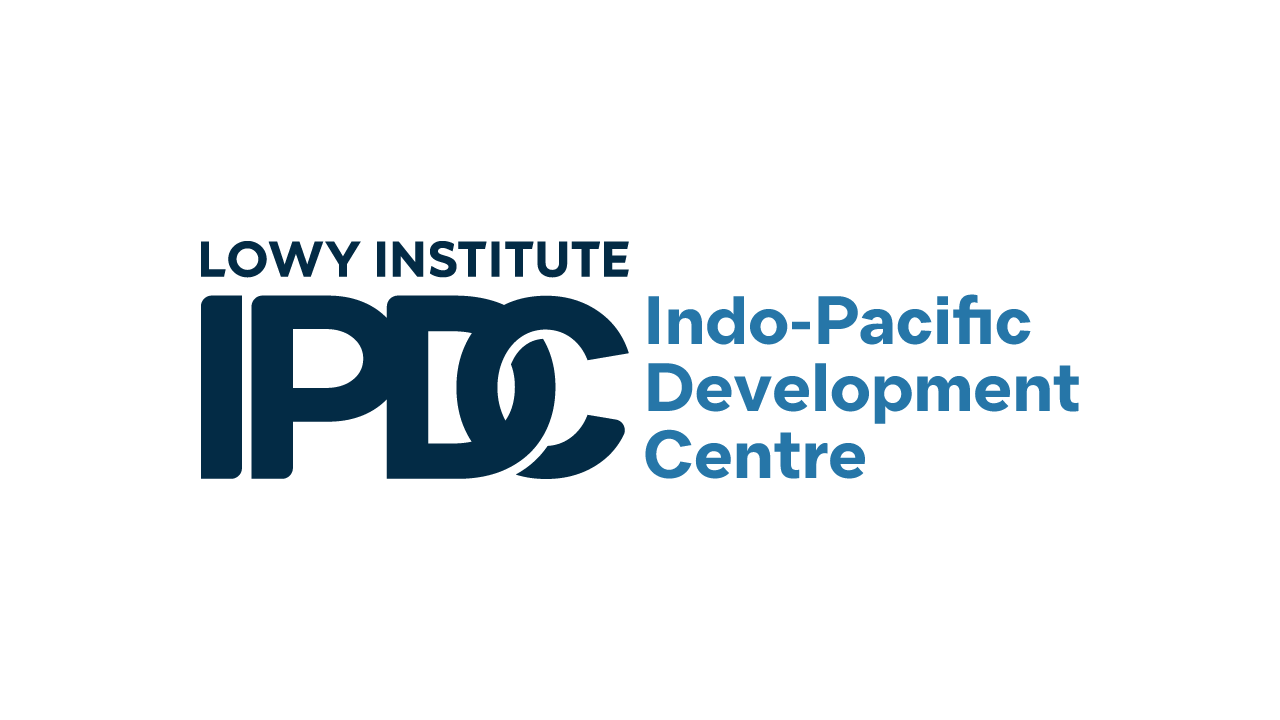
The Indo-Pacific Development Centre
The Indo-Pacific Development Centre (IPDC) is a policy research centre at the Lowy Institute dedicated to generating fresh policy insights and ideas on the most pressing economic development issues in the Indo-Pacific region. The IPDC focuses on key challenges facing emerging and developing economies in Southeast Asia, the Pacific Islands, and South Asia as well as the role of more advanced Indo-Pacific economies such as Australia, the United States, Japan, China, and others in helping shape the future economic development of the region.
The work of the IPDC is organised around six key themes:
- Post-Covid recovery, growth and development
- Climate finance and decarbonising development
- Technology and the digital economy
- Globalisation and regional integration
- The future of international development finance
- Geoeconomics and the intersection of development and security
As part of its development finance pillar, the IPDC houses the Lowy Institute’s Pacific Aid Map, a digital interactive that tracks all official development finance flows to the Pacific region.
The IPDC has been established with the support of multi-year funding from the Australian Department of Foreign Affairs and Trade.
Featured projects
